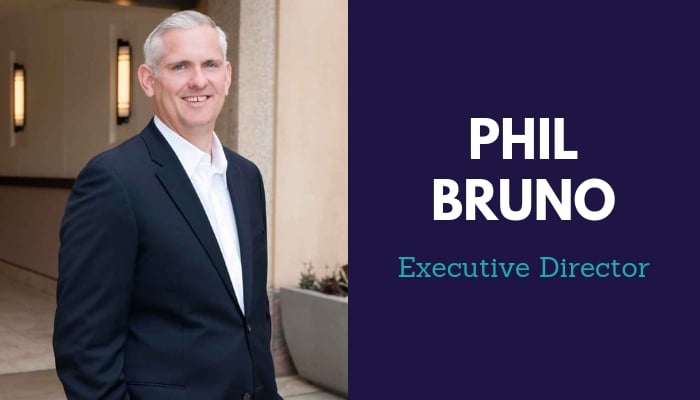We’ve all had them. Those curveball questions in a job interview that give you pause and your confidence an unwanted jolt.
Sure, you went into the meeting prepared — backed with a strong understanding of both the role and how your background makes you the best fit. But it’s important to think outside those rehearsed anecdotes that positively portray your skill set and consider more personal probes.
We’ve rounded up three common, uncomfortable interview questions, and how to best answer them without skipping a beat.
Q. Why are there so many gaps in your resume?
A. This one isn’t as much of a surprise for professionals with a few holes in their employment history, but that doesn’t make it any less difficult. Employers typically review your resume with you early on in the interview, and can see the gaps as a potential red flag. Our advice: Don’t panic. Be honest.
Be direct about company mergers or layoffs — these things happen. And if there are larger date ranges unaccounted for in your resume, try to relate it to your professional goals and endeavors. Employers want to see that you were doing something, whether that be volunteer work, furthering your education or being active in the job search.
Q. What is your greatest weakness?
A. No one’s perfect, right? And employers don’t expect you to be. But to make the best of this type of question, you need to be specific and strategic with your response. Most importantly, focus on the positives. Choose a distinct weakness that doesn’t encompass a whole skill set or isn’t a main responsibility of the role you’re interviewing for. If you have an example of a time when you were able to successfully overcome that challenge, share it.
Q. What type of people do you find most difficult to work with?
A. It’s fair to assume no person is going to get along with everyone they meet. Still, you can put an upbeat spin on how to approach this question. Instead of describing the type of people you don’t jive with professionally, share the type of work culture you do enjoy. Saying you prefer to work with individuals who are driven, collaborative and even-tempered gives employers a clear idea of the type of people you would rather steer clear of — leaving the negative comments to be understood, not said.
Are you looking for your next career opportunity? Our experienced recruiters can give you access to confidential jobs — fast. Browse our hottest jobs today!

















